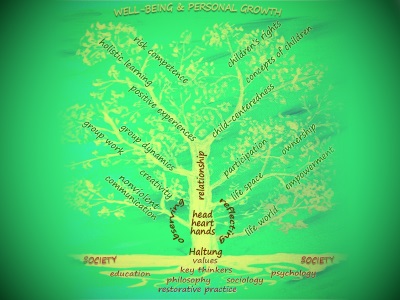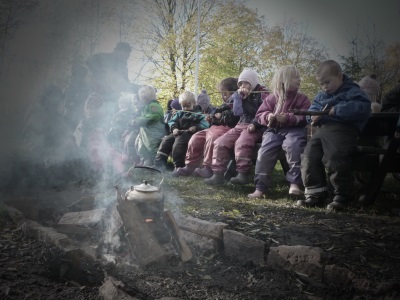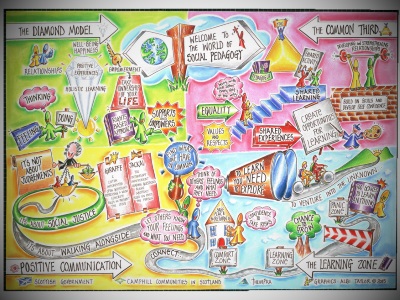Insights into social pedagogical practice
Social pedagogues work with all age groups, starting from the early years up to the aged. They work in nurseries and kindergartens, schools, children’s and youth services, play settings, children’s homes and youth clubs; they work in adult services engaging with communities and disadvantaged adults, such as ethnic minorities, substance misusers, homeless, unemployed or imprisoned persons; and they are employed in palliative care, supporting older people at home or in care.
It is only logical that the practical methods in all these settings will differ, depending on the target group. Therefore within the general discipline pedagogy we can distinguish various approaches. Some of these are named after key thinkers like Fröbel or Montessori who have created a very specific pedagogic concept for the context of their work, while others are termed according to the medium they are utilising, such as play, circus, music, or theatre pedagogy.
Despite these differences in approach, what combines all pedagogies is the way of thinking, the philosophy, the attitude with which these different methods are used – and this is what makes practice social pedagogic: as Hämäläinen (2003) points out, ‘social pedagogy is not a method, nor even a set of methods. As a discipline it has its own theoretical orientation to the world. An action is not social pedagogical because certain methods are used therein, but because some methods are chosen and used as a consequence of social pedagogical thought.’ So social pedagogy is not what we do, it is rather how we approach practice, with what attitude and aims. This also means that social pedagogy is not something we do or don’t do – the question to ask ourselves is to what degree we are working in a social pedagogical way! In that sense, social pedagogy is an ongoing journey of learning and development, not just for the people we work with but also for ourselves. Fortunately, as human beings our potential to develop is only limited by our imagination.






